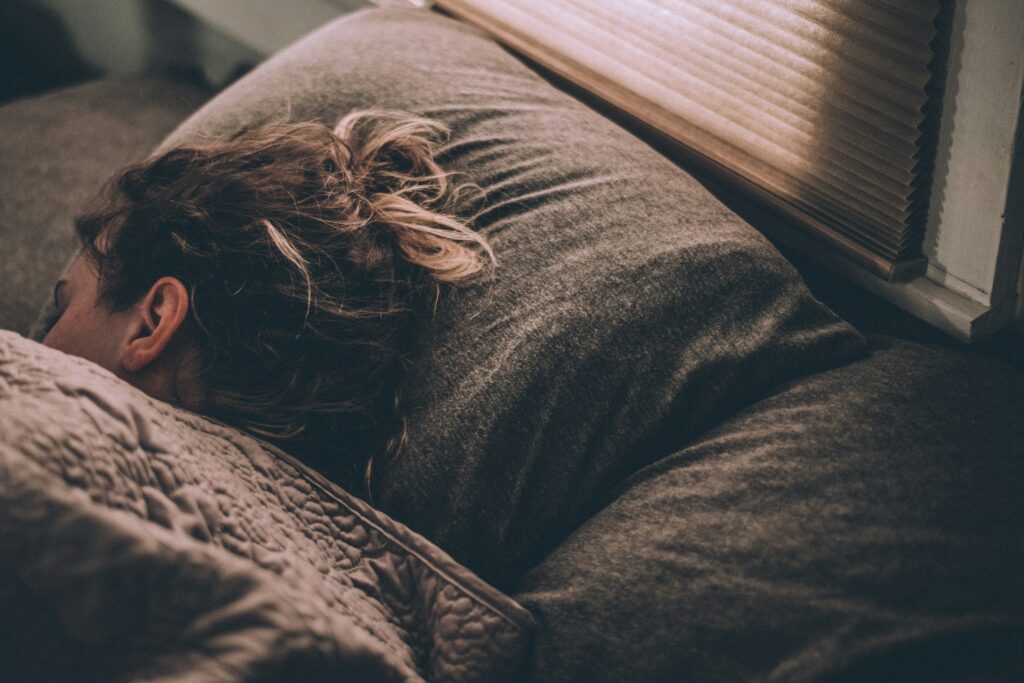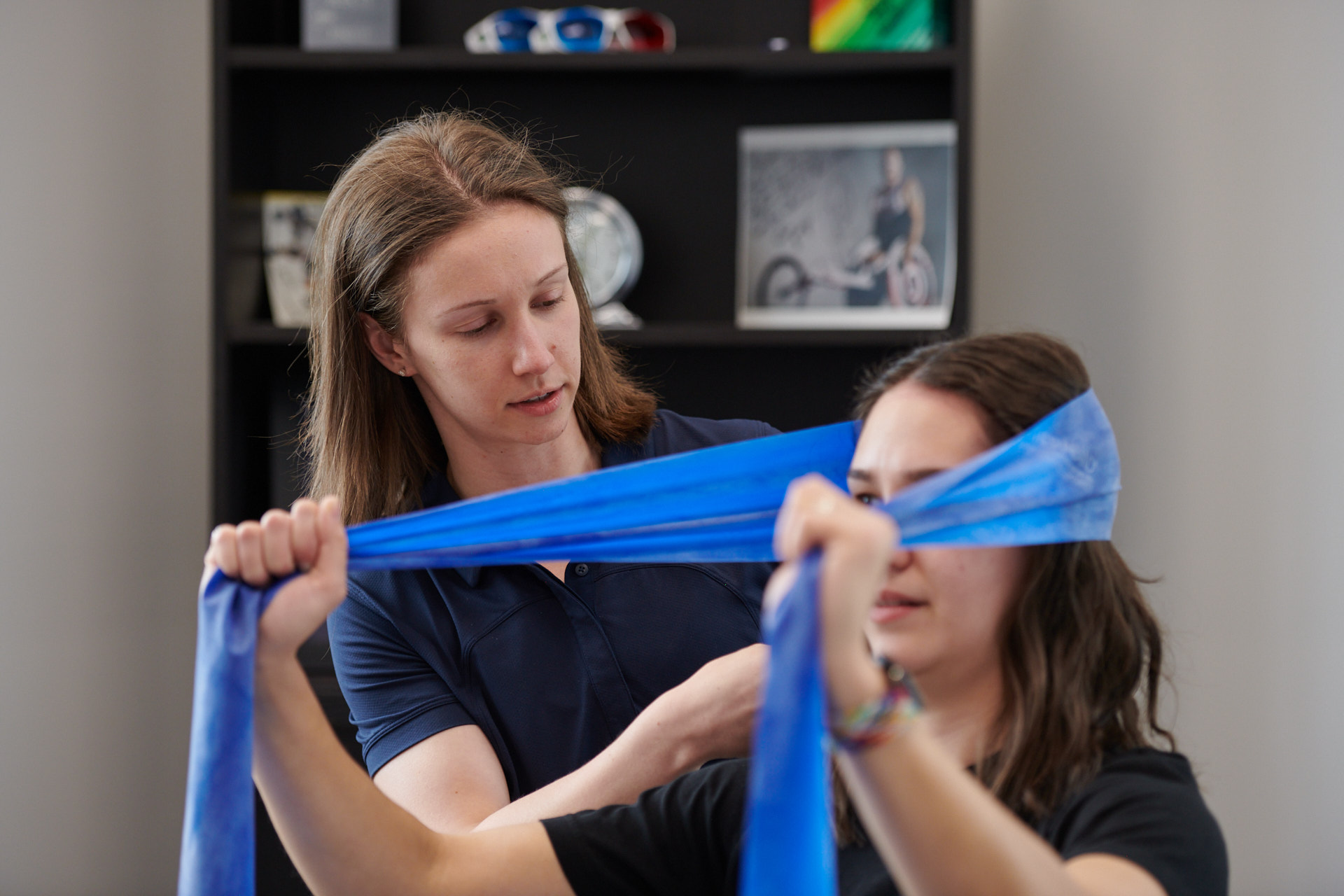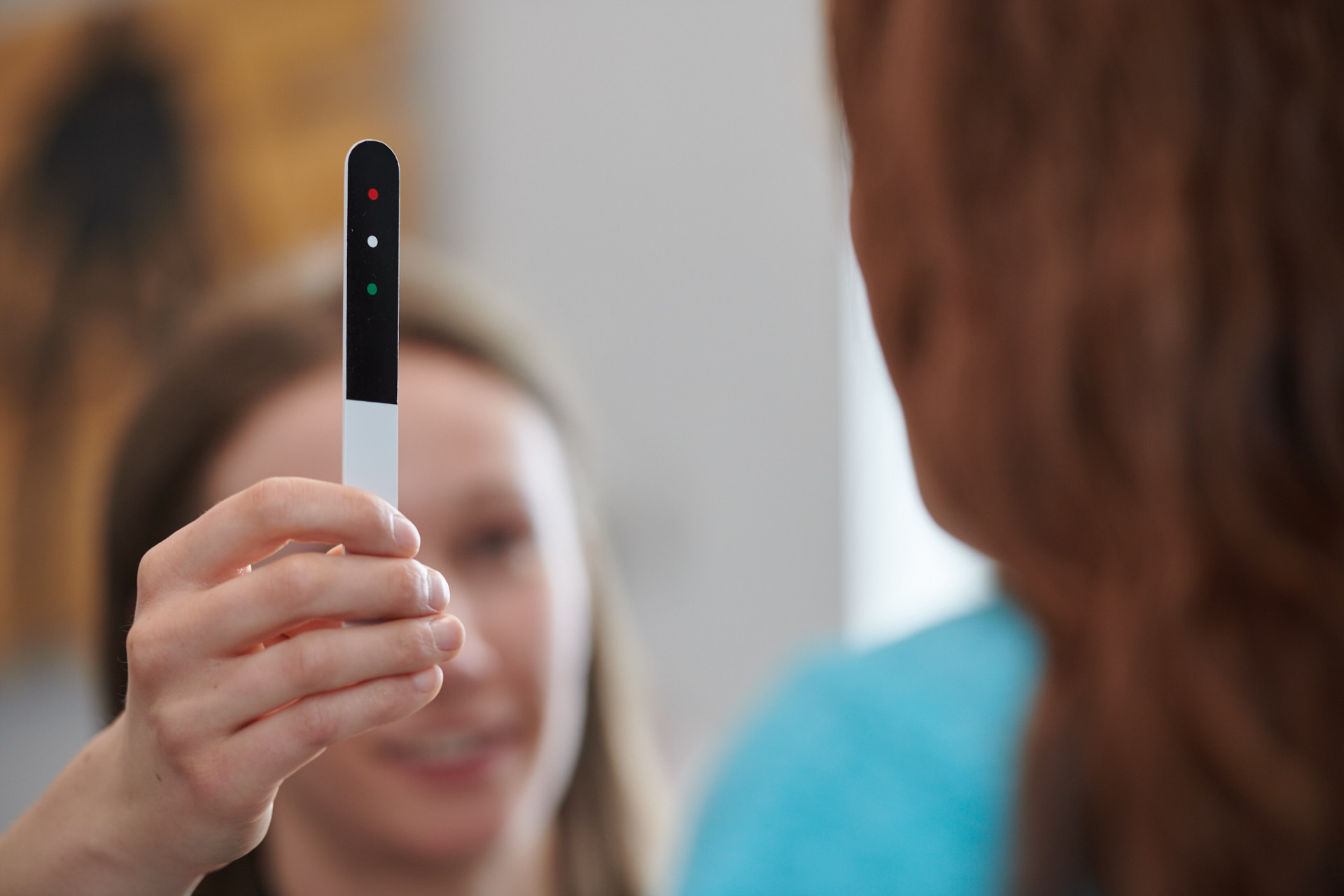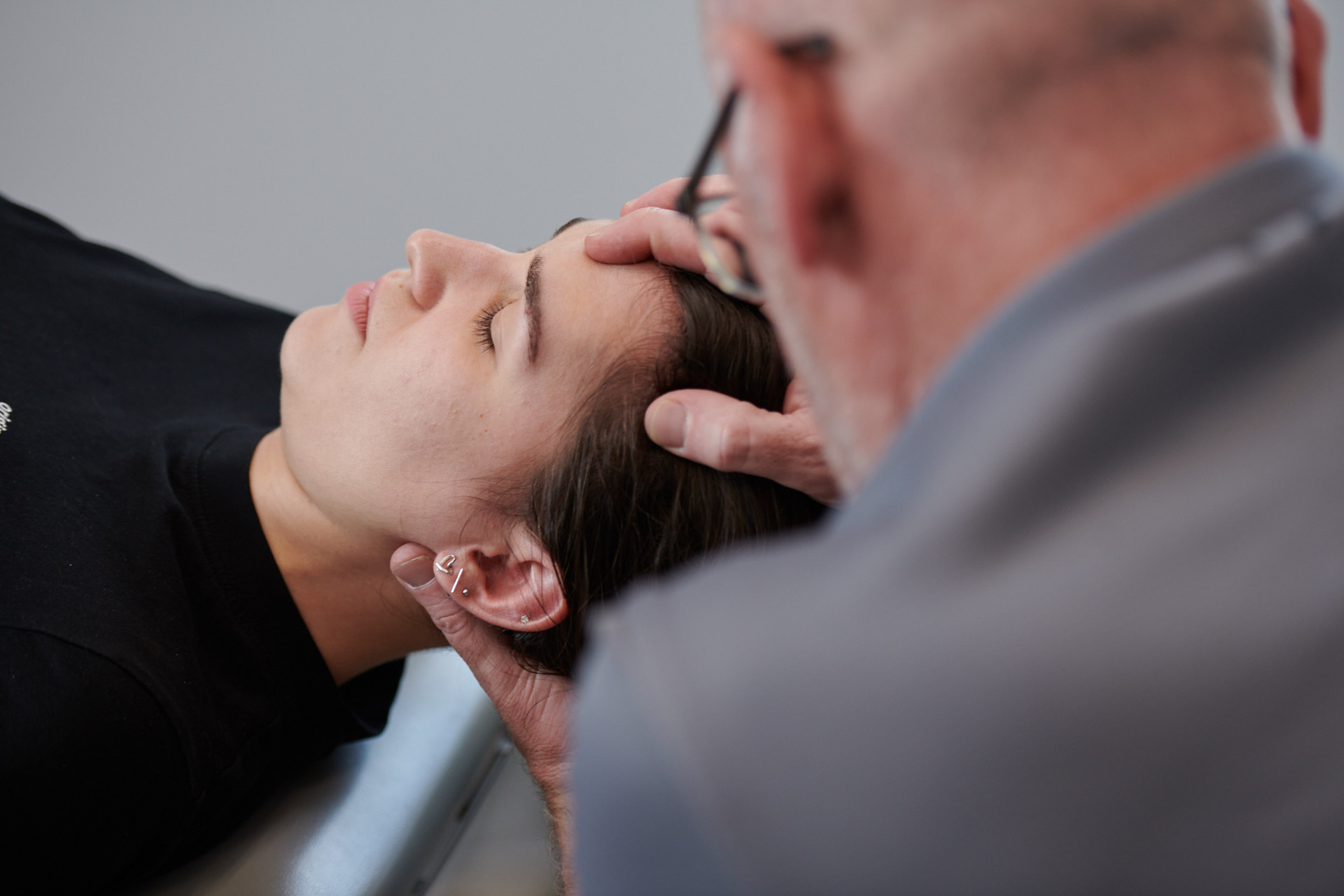Managing Sleep Difficulties After a Concussion
A significant proportion of individuals who sustain a concussion report sleep difficulties in the days or weeks that follow the injury. Sleep difficulties after a concussion can take on many forms. Some individuals struggle to fall asleep, while others have more difficulty staying asleep throughout the night. Many individuals also report not feeling as “refreshed” when they wake up in the morning as they did before their injury, despite sleeping solidly through the night. Other individuals may experience hypersomnia, or excessive sleeping and sleepiness. In this way, concussions can affect both quantity and quality of sleep.
Understanding Sleep Issues After a Concussion
Sleep difficulties after a concussion can arise directly from the acute physiological effects of the brain injury, which may disrupt the brain’s normal sleep-wake cycles and interfere with rest. However, these sleep problems can also develop secondary to other factors, such as increased anxiety, depression, or stress, which are common following a concussion. Additionally, reduced physical activity during recovery, altered daily routines, and the emotional toll of managing symptoms can contribute to difficulties falling asleep, staying asleep, or feeling rested, further complicating the recovery process.
When sleep difficulties are present, symptoms of fatigue, drowsiness, cognitive challenges and changes in mood can become further exacerbated. Sleep is a crucial physiological process that supports brain health and healing, so it is important to practice good sleep behaviours after a concussion, especially if you are experiencing sleep difficulty.
Establishing a Consistent Sleep Routine
One of the most effective ways to manage sleep issues post-concussion is by establishing a consistent sleep routine. Consistency is key in training your brain to understand when it’s time to wind down and prepare for rest. Aim to go to bed and wake up at the same time every day, even on weekends. Sticking to a regular schedule helps regulate your internal clock, also known as your “circadian rhythm”, which signals to your body when it’s time to sleep and wake.
Following a concussion, you may find that you need more sleep than you did before. Adults typically need 7 to 9 hours of sleep per night, but after a concussion, your body may require more. Pay attention to how you feel throughout the day and adjust your sleep duration accordingly. Avoid the temptation to sleep in late or go to bed much earlier than usual, as this can disrupt your sleep cycle.
Managing Napping
Although napping can be a tempting way to make up for lost sleep, it’s generally advisable to limit naps during the day. While short naps (20-30 minutes) may be helpful to counter fatigue, long naps or naps taken later in the day (after 3pm) can interfere with nighttime sleep.
If you do need to nap, try to schedule it earlier in the day, ideally no later than early afternoon. Longer naps can lead to “sleep inertia”, where you feel groggy upon waking and have difficulty falling asleep later that night. The goal is to balance daytime rest with nighttime sleep, so if you nap, keep it short and consistent with your daily routine.
Creating a Pre-Bedtime Routine
What you do in the hour leading up to bedtime plays a crucial role in preparing your body for sleep. “Wind-down activities” can help you transition from your day into rest mode. Avoid stimulating activities, such as watching TV, working on your computer, or scrolling through your phone.
Instead, engage in relaxing activities like reading a book, listening to calming music, practising deep breathing exercises, or gentle yoga. Mindfulness meditation can also be beneficial in reducing stress, which often contributes to sleep difficulties.
A warm bath or shower can further signal to your body that it’s time to sleep by helping your body temperature drop, which is conducive to falling asleep. Creating a consistent pre-bedtime routine not only promotes relaxation but also conditions your body to associate these activities with sleep.
Optimizing Your Sleep Environment
Your sleep environment has a direct impact on the quality of your sleep. A dark, quiet, and cool room is ideal for promoting restful sleep. Light can interfere with the production of melatonin, so aim to keep your room as dark as possible by using blackout curtains or an eye mask if needed. Avoid using electronics, such as phones, tablets, or televisions, in the bedroom. These devices not only emit blue light but can also keep your mind stimulated when you should be winding down.
In addition to keeping your room dark, try to maintain a comfortable temperature. Experts recommend keeping the room slightly cool, as a lower temperature encourages sleep. Ensure that your bed and pillows provide adequate comfort and support, and consider using white noise machines or earplugs to block out disruptive sounds. White noise can also be helpful in drowning out or dampening symptoms of tinnitus following a concussion.
Managing Wakefulness
If you find yourself waking up during the night and having difficulty falling back asleep, rather than lying in bed wide awake, consider getting up and doing something relaxing in another room until you feel sleepy again. This could involve light reading or practising mindfulness, but avoid engaging in any activity that might be too stimulating, like watching TV or checking your phone.
It’s important to avoid “clock-watching”, which can increase anxiety about not being able to sleep. Instead, focus on calming techniques that help reduce stress and allow you to fall back asleep naturally.
Daily Habits to Improve Sleep Quality
Your daytime habits significantly impact how well you sleep at night. Maintaining a healthy diet with regular meal times can regulate your body’s internal clock. Avoid large, heavy meals and caffeine in the hours leading up to bedtime, as these can interfere with falling asleep.
Timing Your Caffeine and Alcohol Intake
Caffeine can stay in your system for several hours, so it’s recommended to avoid it for at least 6 hours before bedtime (some individuals who are more sensitive to the effects of caffeine may need to limit it for much longer than that, or altogether entirely). Similarly, while alcohol may make you feel sleepy initially, it disrupts the later stages of the sleep cycle and can result in poor-quality sleep. It’s best to avoid alcohol intake entirely following a concussion – especially in the early stages after the injury.
Exposure to Natural Light
Getting natural sunlight during the day helps reinforce your circadian rhythm and promotes better sleep at night. Aim to spend time outside, especially in the morning, to help signal to your body that it’s daytime. This can also help regulate sleep-wake cycles. While light sensitivity can be a big problem following a concussion – staying in the dark too much can prevent your brain from adapting over time to different light conditions and potentially perpetuate the problem. Sunglasses or hats can be used initially as needed, especially on particularly bright, sunny days, but do what you can to avoid the excessive use of sunglasses indoors and in low light conditions. Try to slowly, and gradually expose yourself to more light as able along your recovery. Speak to your doctor or an Optometrist about strategies for light sensitivity. Sometimes tinted lenses are more advisable for the short term than dark sunglasses.
Incorporating Daily Exercise
Regular physical activity has been shown to improve sleep quality and reduce concussion symptoms. Even light exercise, such as walking or stretching, can positively impact your sleep. Aim for at least 20-30 minutes of moderate exercise each day. Speak with your health professional about what intensity and type of exercise is safe for your particular injury. Athletes should follow the return-to-sport strategy to gradually increase their level of physical activity in a safe and controlled manner.
Seeking Professional Help
If you’ve implemented these strategies and are still struggling with sleep post-concussion, it may be time to seek professional help. Cognitive-behavioral therapy for insomnia (CBT-I) is a structured program that can help address sleep issues without relying on medications. Additionally, a healthcare provider who specializes in concussion management can provide further guidance and treatment options to optimize your sleep and recovery.






